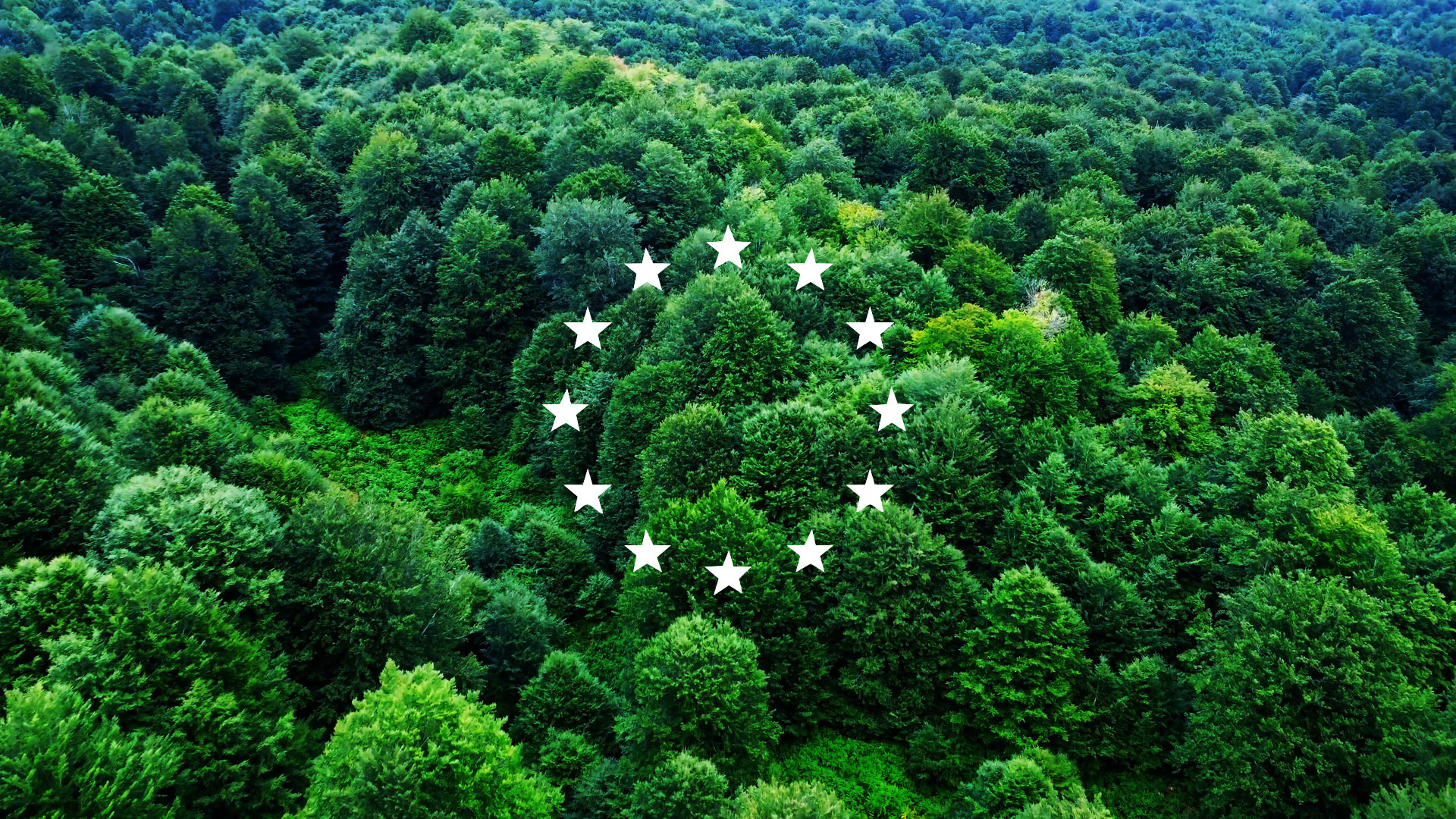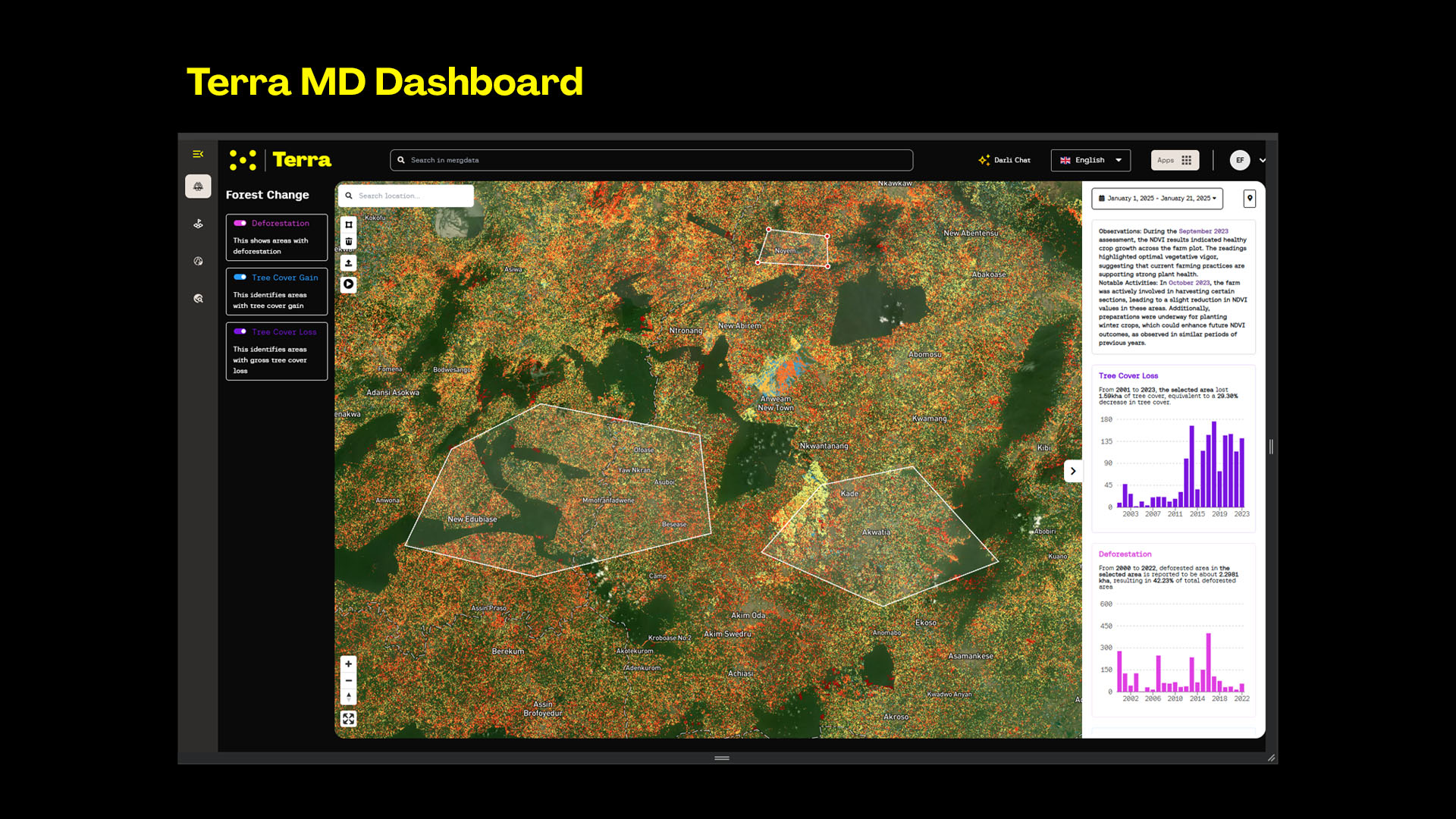Understanding EUDR Compliance: Key FAQs and How It Impacts Agricultural Businesses

The EU Deforestation Regulation (EUDR) is a groundbreaking initiative to ensure that commodities traded in the European Union (EU) do not contribute to deforestation or forest degradation. As a business deeply committed to sustainability and technology solutions for the agricultural sector, understanding how these regulations work is critical for companies that deal with agricultural products such as soy, palm oil, cocoa, and timber.
In this article, we’ll break down the essential EUDR FAQs and highlight how Farmerline’s tools and expertise can help businesses easily navigate the compliance process.
1. Why is Traceability So Important Under EUDR?
Traceability is one of the cornerstones of the EUDR. For agricultural products, this means being able to trace commodities back to the very land they were produced on. Geolocation data plays a vital role here, as it helps confirm that a commodity has been produced in a deforestation-free area.
Why collect coordinates?
The EUDR requires that operators, especially those not classified as SMEs, collect geographic coordinates of the plots where their commodities are grown. This data is essential to demonstrate compliance, ensuring that the products placed on the EU market are traceable to their exact point of origin, thus guaranteeing they haven’t contributed to deforestation.
Farmerline’s Role:
Using Mergdata, Farmerline helps agribusinesses and partners gather accurate, reliable geolocation data that supports traceability, even in regions with limited infrastructure. Our platform enables businesses to streamline this process, allowing for seamless compliance reporting with minimal effort.
2. How Does Due Diligence Work for Compliance?
Due diligence involves ensuring that the commodities being traded or imported into the EU comply with both deforestation-free and legal sourcing requirements. This process includes verifying that the commodities have not been sourced from lands where illegal deforestation occurred.
What if a part of a product is non-compliant?
If any part of a product is found to have been sourced from non-compliant land, that product as a whole cannot be legally sold or exported to the EU. This strict requirement ensures full transparency in the supply chain.
Farmerline’s Solution:
Our Mergdata platform facilitates compliance by offering automated tools to track products and verify their compliance at every stage of the supply chain. Whether you’re sourcing from smallholder farmers or larger agribusinesses, Farmerline ensures that you have all the necessary data to perform robust due diligence.
3. The Role of Bulk-Traded or Composite Products in EUDR
Products like palm oil or soy traded in bulk present a unique challenge under the EUDR. When multiple plots of land contribute to a product, each one must be traceable and free from deforestation. For composite products, like chocolates containing cocoa and palm oil, the same level of traceability is required.
How does it work for bulk-traded products?
If bulk-traded commodities are mixed with non-compliant products at any stage, the entire batch becomes non-compliant. Operators must ensure full traceability, especially when products are mixed during storage or processing.
Farmerline’s Role:
With Farmerline’s digital tools, businesses can track each plot of land contributing to bulk products. Our Terra MD solution integrates traceability features that allow for seamless reporting and product tracking, ensuring that your supply chains remain transparent and compliant.
4. Ensuring Compliance with No-Mix Rules
The EUDR does not allow the mixing of deforestation-free products with those of unknown origin or from areas where deforestation occurred post-2020. This ensures that only verified, compliant products enter the EU market.
What if part of a batch is non-compliant?
If even one part of a batch fails to meet the compliance requirements, the entire batch is considered non-compliant and cannot be sold or exported.
Farmerline’s Role:
At Farmerline, we help you track every component of your supply chain to avoid such issues. Through accurate geolocation and due diligence, our platform ensures that you never risk non-compliance, providing a full view of your product’s journey from farm to market.

5. How Farmerline Can Help You Stay Compliant
The EU Deforestation Regulation introduces several complexities for businesses in the agricultural sector, but with the right tools and support, staying compliant is achievable. Farmerline’s Mergdata platform offers comprehensive tools that simplify the process of collecting geolocation data, conducting risk assessments, and ensuring due diligence.
By automating key processes like data collection and compliance reporting, we help agribusinesses and stakeholders meet regulatory requirements without the administrative burden.
Conclusion: Building a Sustainable Future with EUDR Compliance
For businesses in the agricultural value chain, EUDR compliance is no longer optional — it’s essential for access to EU markets and for promoting a sustainable future. At Farmerline, we are proud to support companies in navigating this complex regulatory landscape, using technology to make compliance easier and more efficient.
If you want to ensure your business meets EUDR requirements and stays ahead in the market, reach out to us for a personalized consultation and tailored solutions that work for your unique needs.
https://share.hsforms.com/1U4TWPqUnQ8Kr9F0WKJEDIwsvsxo